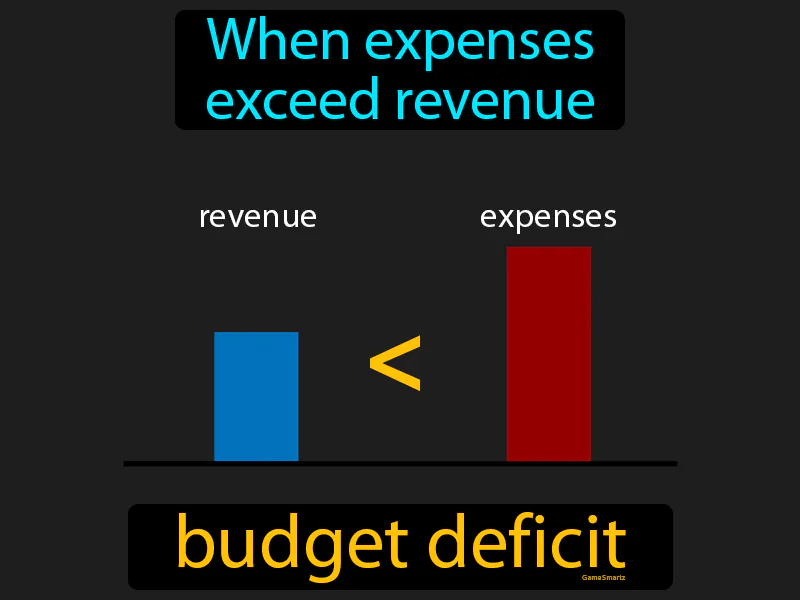Budget Deficit
When expenses exceed revenue
Real World Example
During the period of Conservatism from 1980-1993, budget deficits became a significant issue as governments, particularly in the United States under President Ronald Reagan, spent more money than they collected in taxes. Reagan's administration believed in reducing taxes to stimulate economic growth, but this often led to increased government borrowing to cover the shortfall, resulting in rising national debt. This approach responded to the idea that lower taxes would encourage investment and economic expansion, but it also sparked debates about fiscal responsibility. Today, budget deficits still matter because they can lead to higher national debt, which may result in increased taxes or reduced government services in the future. For example, if a city spends more money on public projects than it earns from taxes, it might have to cut back on funding for schools or public transportation, directly impacting daily life for residents.

